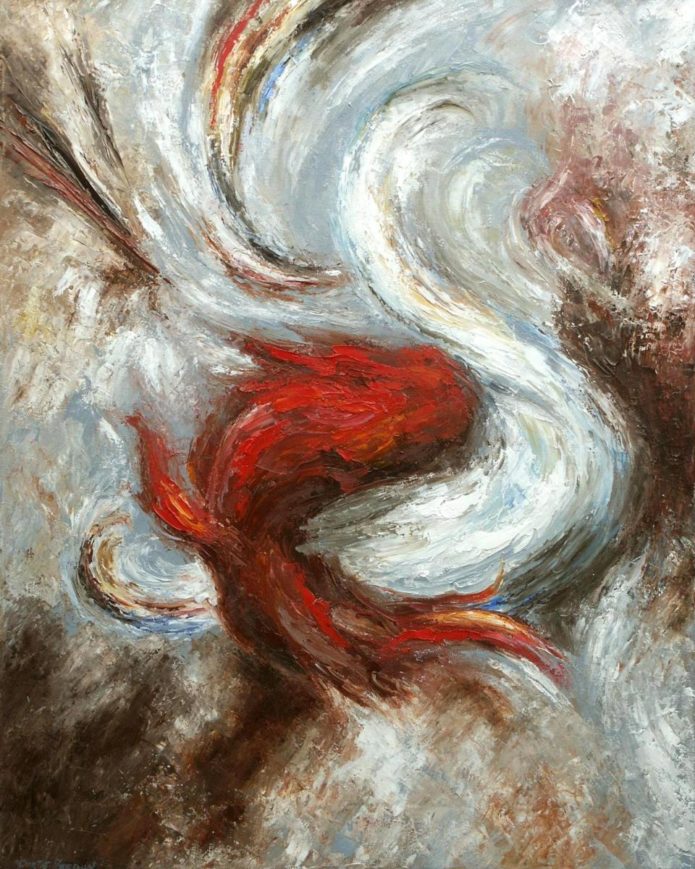Question:
Christianity teaches that mankind is sinful by nature, and so they need the crucifixion as a way to clear humans of their sins. In Islam, do we believe that humans are sinful by nature aswell?
Answer:
The notion of the liability of all humans – including the prophets – to sin and error in Judo-Christian theology is driven from the concept of the original sin related to Adam and Eve, and inherited genetically to all mankind. The Old Testament unqualifiedly declared man`s native impulse to be evil. (Gen. 6, 5 ; 8, 21)
The crucifixion of Jesus in Christian doctrine is a ramification of human sinful nature. Thus, when you converse with them they sometimes ask you what your vice is, as if it is taken for granted that everyone must have vice or else they are not human.
Their argument can be formulated as follows:
– All humans by nature are sinful and exposed to the temptation to sin.
– Prophets are humans.
– Prophets are sinful and exposed to sins.
The thorough discussion about human nature with regards to sin must be discussed in the philosophy of ethics. Nonetheless, in a nutshell, from the Islamic perspective man is created pure and without a sinful nature. Man by nature only recognizes and enjoys the good. Evil is against his nature. Thus, ‘good` in the Quran is referred to as ‘al-Ma`roof’, meaning something known and recognized by human nature. On the other hand, ‘bad` and ‘evil` is introduced as ‘al-Monkar`, meaning something which is unknown and strange for the human soul. This concept is brilliantly illustrated in the following story:
Waabeseh ibn Ma`bad al-Asadi, one of the companions of the Prophet of Islam (s) narrates: I went to the Messenger of God to ask him about virtue (al-Birr) and vice (al-Ithm). Before I started, the Prophet (peace be on him and his progeny) said to me: “ O Wabeseh! Do you want to ask your question or you want me to answer it?”
“Please answer it then, O Messenger of God”, I surprisingly replied.
The Prophet said: “You came to ask me about ‘virtue` and ‘vice`, is it not?”
“Yes, O Messenger of God”, I replied.
The Prophet then stroked his chest with his hand and said: “Vice is what your heart doesn`t accept. Virtue is what your heart rests on. If people give you any other opinion on this, you ask your own heart for its (natural and healthy) verdict.”[6]
The Prophet`s answer is the most natural and logical way of addressing this theological question. As a healthy human I trust you admit the fact that any time you do something good, you naturally enjoy it and feel proud of yourself. Whereas, when you even think about committing a sin, you feel uncomfortable and wish not to.
In short, the Islamic perspective is that it is natural not to desire to commit a sin, and hence every human enjoys certain levels of infallibility. If ‘vice` is part of human nature, then all the moral teachings of the Prophet are a call to change human nature. Thus, one needs to be psychologically abnormal to follow any of the moral values. The infallibility of the Prophets by contrast proves that man (though a perfect man) can become immune from all types of sins and all various satanic temptations.
Answered by: Sheikh Mansour Leghaei



